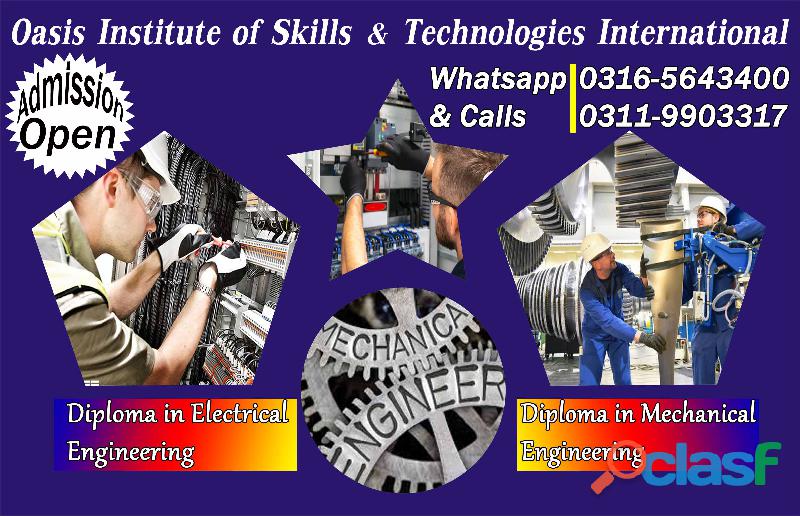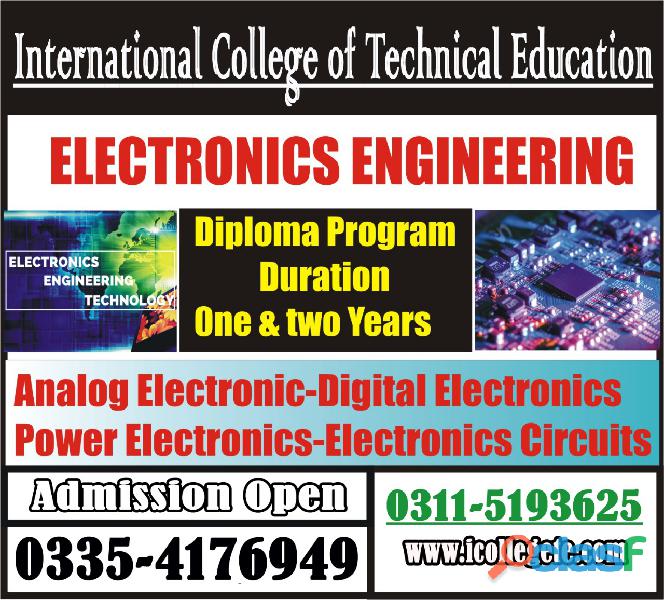MOFA ATTESTED MECHANICAL ENGINEERING DIPLOMA IN ISLAMABAD, RAWALPINDI, RAWAT, PAKISTAN O3165643400 IN ALI MASJID
MOFA Attested Electrical Engineering Diploma Course in Islamabad, MOFA Attested Electrical Engineering Diploma Course in Rawalpindi, MOFA Attested Electrical Engineering Diploma Course in Gujranwala, MOFA Attested Electrical Engineering Diploma Course in Sialkot, MOFA Attested Electrical Engineering Diploma Course in Sargodha, MOFA Attested Electrical Engineering Diploma Course in Gujrat, MOFA Attested Electrical Engineering Diploma Course in Lahore, MOFA Attested Electrical Engineering Diploma Course in Faisalabad, MOFA Attested Electrical Engineering Diploma Course in Multan, MOFA Attested Electrical Engineering Diploma Course in Mandi Bahauddin, MOFA Attested Electrical Engineering Diploma Course in Bahawalpur, MOFA Attested Electrical Engineering Diploma Course in Attock, MOFA Attested Electrical Engineering Diploma Course in Chakwal, MOFA Attested Electrical Engineering Diploma Course in Mirpur, MOFA Attested Electrical Engineering Diploma Course in Bagh, MOFA Attested Electrical Engineering Diploma Course in Rawala kot, MOFA Attested Electrical Engineering Diploma Course in Kotli, MOFA Attested Electrical Engineering Diploma Course in Karachi, MOFA Attested Electrical Engineering Diploma Course in Hyderabad, MOFA Attested Electrical Engineering Diploma Course in Mardan, MOFA Attested Electrical Engineering Diploma Course in Peshawar, MOFA Attested Electrical Engineering Diploma Course in Swat, MOFA Attested Electrical Engineering Diploma Course in Rawat, MOFA Attested Electrical Engineering Diploma Course in Sawabi, MOFA Attested Electrical Engineering Diploma Course in Sahiwal, MOFA Attested Electrical Engineering Diploma Course in Sakkar, MOFA Attested Electrical Engineering Diploma Course in Haripur, MOFA Attested Electrical Engineering Diploma Course in Pakistan O3165643400, O3119903317,MOFA Attested Electrical Engineering Diploma Course in Islamabad, Pakistan O3165643400, O3119903317
An introduction to electrical and computer engineering, systems engineering design, programming, microcontrollers, soldering and circuit building. Students will work individually and on teams to complete projects and create a system for an end of term competition. Students will also learn about technical documentation and communication. Topics include functions, arrays, conditionals, loops, Boolean algebra, wireless communication, resistors, transistors, diodes motors, sensor, analog and digital inputs and outputs. Learn Electrical Engineering with free online courses and MOOCs from Universidad Polytechnic de Valencia, Massachusetts Institute of Technology, The Hong Kong University of Science and Technology, The University of Texas at Austin and other top universities around the world. Read reviews to decide if a class is right for you. It’s almost impossible to imagine a world without electricity. We take it for granted in the modern age, but it’s easy to forget that the production and distribution of electricity is still a highly specialized skill that requires thousands of talented graduates each year. Whether you’re figuring out how to connect a new village to the grid, or you’re working on the smallest circuit boards for new smart phones, the science of electricity is an exciting and ever-evolving field. It’s almost impossible to imagine a world without electricity. We take it for granted in the modern age, but it’s easy to forget that the production and distribution of electricity is still a highly specialized skill that requires thousands of talented graduates each year. Whether you’re figuring out how to connect a new village to the grid, or you’re working on the smallest circuit boards for new smart phones, the science of electricity is an exciting and ever-evolving field.
A list of the 20 greatest engineering achievements of the 20th century compiled by the National Academy of Engineering includes 10 achievements primarily related to the field of electrical engineering: electrification, electronics, radio and television, computers, telephone, the Internet, imaging, household appliances, health technologies, and laser and fiber optics. The remaining achievements in the list - automobile, airplane, water supply and distribution, agricultural mechanization, air conditioning and refrigeration, highways, spacecraft, petroleum/petrochemical technologies, nuclear technologies, and high-performance materials - also require knowledge of electrical engineering to differing degrees. In the 21st century, the discipline of electrical engineering continues to be one of the primary drivers of change and progress in technology and standards of living around the globe.
Our long-standing partnership with Engineers Australia informs our teaching, ensuring our degrees are relevant and that students develop the skills that employers want. Through our engineering degrees' professional accreditation,* graduates are able to practice as professional engineers locally and around the world.
Electrical Measurements
Electrical Machines I
Analogue Circuits
Managerial Economics
Numerical and Statistical Methods
Signals & Systems
Electrical Measurements Practical
Electrical Machines I Practical
An introduction to electrical and computer engineering, systems engineering design, programming, microcontrollers, soldering and circuit building. Students will work individually and on teams to complete projects and create a system for an end of term competition. Students will also learn about technical documentation and communication. Topics include functions, arrays, conditionals, loops, Boolean algebra, wireless communication, resistors, transistors, diodes motors, sensor, analog and digital inputs and outputs. Learn Electrical Engineering with free online courses and MOOCs from Universidad Polytechnic de Valencia, Massachusetts Institute of Technology, The Hong Kong University of Science and Technology, The University of Texas at Austin and other top universities around the world. Read reviews to decide if a class is right for you. It’s almost impossible to imagine a world without electricity. We take it for granted in the modern age, but it’s easy to forget that the production and distribution of electricity is still a highly specialized skill that requires thousands of talented graduates each year. Whether you’re figuring out how to connect a new village to the grid, or you’re working on the smallest circuit boards for new smart phones, the science of electricity is an exciting and ever-evolving field. It’s almost impossible to imagine a world without electricity. We take it for granted in the modern age, but it’s easy to forget that the production and distribution of electricity is still a highly specialized skill that requires thousands of talented graduates each year. Whether you’re figuring out how to connect a new village to the grid, or you’re working on the smallest circuit boards for new smart phones, the science of electricity is an exciting and ever-evolving field.
A list of the 20 greatest engineering achievements of the 20th century compiled by the National Academy of Engineering includes 10 achievements primarily related to the field of electrical engineering: electrification, electronics, radio and television, computers, telephone, the Internet, imaging, household appliances, health technologies, and laser and fiber optics. The remaining achievements in the list - automobile, airplane, water supply and distribution, agricultural mechanization, air conditioning and refrigeration, highways, spacecraft, petroleum/petrochemical technologies, nuclear technologies, and high-performance materials - also require knowledge of electrical engineering to differing degrees. In the 21st century, the discipline of electrical engineering continues to be one of the primary drivers of change and progress in technology and standards of living around the globe.
Our long-standing partnership with Engineers Australia informs our teaching, ensuring our degrees are relevant and that students develop the skills that employers want. Through our engineering degrees' professional accreditation,* graduates are able to practice as professional engineers locally and around the world.
Electrical Measurements
Electrical Machines I
Analogue Circuits
Managerial Economics
Numerical and Statistical Methods
Signals & Systems
Electrical Measurements Practical
Electrical Machines I Practical
4.00/5
1 reviews


⟩
Photo 1 / 4





CONTACT




